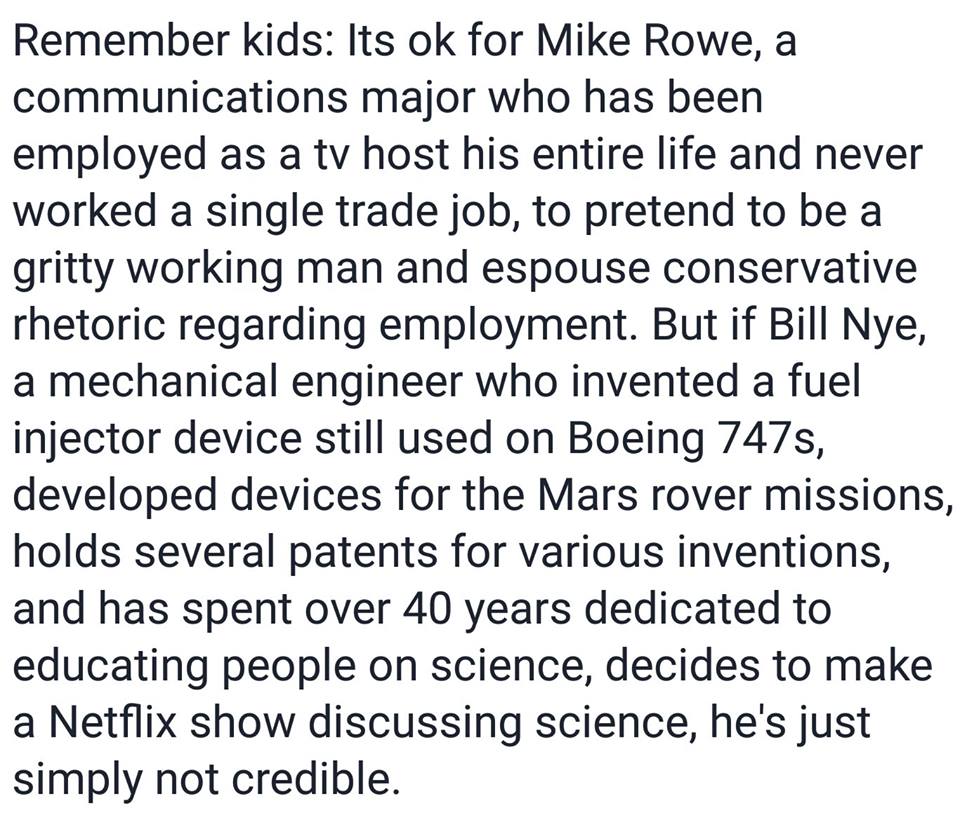“Where’s your peer reviewed paper,” is a question many people instinctively ask when you present an idea that conflicts with one of their beliefs. The idea of requiring scientific peers to review research papers before they are considered scientifically sound is a good one. However, peer reviews are only as good as the people reviewing them. Many “scientific” journals exist not to verify scientific vigor but to prey on gullible researchers who are often new to their field. When such journals review a scientific paper you don’t know if the review was done by a human being or a dog:
Ollie’s owner, Mike Daube, is a professor of health policy at Australia’s Curtin University. He initially signed his dog up for the positions as a joke, with credentials such as an affiliation at the Subiaco College of Veterinary Science. But soon, he told Perth Now in a video, he realized it was a chance to show just how predatory some journals can be.
“Every academic gets several of these emails a day, from sham journals,” he said. “They’re trying to take advantage of gullible younger academics, gullible researchers” who want more publications to add to their CVs. These journals may look prestigious, but they charge researchers to publish and don’t check credentials or peer review articles. And this is precisely how a dog could make it onto their editorial boards.
The peer review process, like many things surrounding the scientific method, is often poorly understood by laymen. To those who have hoisted science onto a religious pedestal the words “peer review” are more of a magical incantation that makes the words that follow infallible. To those who understand the scientific method the words “peer review” means that the credentials of the peers need to be verified before their review is given any weight.
There are a lot of scam artists out there, even in scientific fields. Don’t trust research just because it was peer reviewed. Try to find out whether the peers who reviewed the research are likely knowledgeable about the subject or are really just a bunch of dogs.
